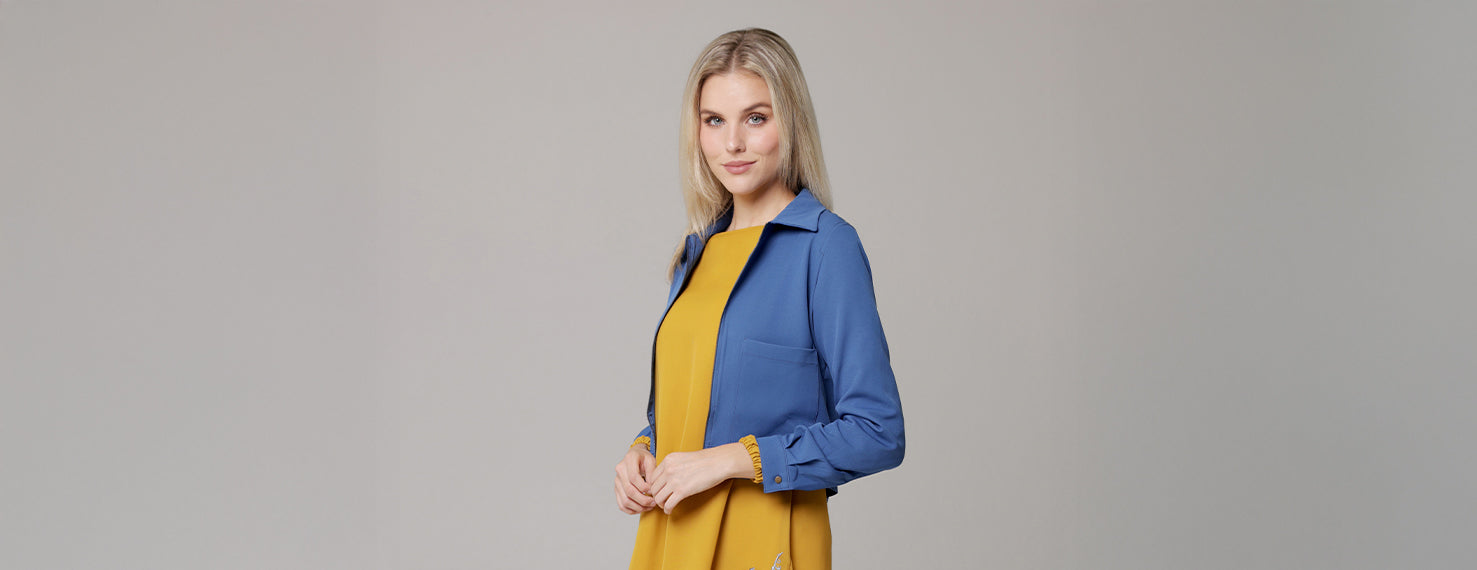Life Lessons from Razia's Eden
What is life? What is my life's purpose, and what will become of me?
Guest writer Syed Rehan is a full-time scientist and part-time rancher. In this poignant story, Rehan shares his love for trees, animals, nature, and lessons learned at Razia's Eden, his beloved ranch named after his mother Razia.

"I had this epiphany while helplessly watching old avocado trees inevitably accept their slow demise. From what I know of the trees, we were both in our fifth decade, but most of them had seen and lived better days long before I got acquainted with them. They were already in need of convalescence before I undertook their care but sadly, failed to do so. Phytophthora cinnamomi, a distant cousin of the water mold that is blamed for the Irish potato famine, has decimated many quinquagenarians, 40+ feet tall avocado trees in California. It has caused them to wither and suffocate to a slow death. At the grove, this process took 8 months and many trees dried out into a brittle, weak twig. I observed the process of necrosis as an active yet helpless bystander. Time was not a healer in this incident. The old trees finally fell, seemingly exhausted from the struggle to retain their dignity and composure. The tallest and most majestic of the tree also withered. I wondered, perhaps it couldn’t continue to bear the weight of its living.
The many inhabitants of this tree, some insects, animals, birds, microbes, and fungi, slowly but sequentially devoured it to sustain their life. When the tree was alive, it had also consumed sunlight, water, minerals, and all it needed to thrive. It laid decaying and decomposing, a reminder that all must come to an end, and better still, all must return back to the basic molecules of life; leading me to the ultimate question! What is life? What is my life’s purpose, and what will become of me?
The thought is a little disturbing that I too will be consumed and devoured by a collection of living beings that will thrive on my physical remains while I return back to where and to whom we all belong. The irony is not lost on me but it’s the reality and the shame of taking a life to sustain my very own that reminds me to respect all that is living and all that has been created is equally important in the eyes of nature. Life in every form must be respected and needs to be acknowledged to be understood. Our judgment of what’s important and what’s “necessary” is based on the myopia of what we think should be prioritized by what “we” believe that we need for our own survival. As if I, we, humans, matter any more than the dying tree or the root rotting fungus that is simply trying to complete its life’s purpose. Mortality is finite for a reason. No one has an upper hand except for the Creator. The complex relationship between nature and its inhabitant is trivialized by our limitations of all that we can see and conceive. The answers to our questions are not hidden, we simply have not developed the intellect or earned the right to solve what we think are the mysteries of life.
Among my beautiful companions at the Razia’s Eden, I observe the ritual of a mostly harmonious balance between apoptosis and regeneration. I observe the fragility and resilience of life. Each day is a celebration, hope for a better tomorrow, and a reminder of the lost past. Each day an unheard cry for help, a silent battle between life and death. Each day a birthday, and each day a funeral.
Despite the drought and challenge of climate shifts, which has surely taken a toll, I am happy to say that majority of the avocado trees have survived even with my futile intervention and are blooming into a verdant colony. I don’t call them “my” trees as they all belong to nature and are my chosen responsibility, and not a possession. Those that have passed on, have left their offspring behind in the shape of a seed or a graft that keeps their legacy alive. They sacrificed, suffered, and sustained to create a better place for the next generation, but most of all they left without any expectations or burdening their next generation. Each visit, I am reminded of my insignificance, again and again. I surrender and accept all there is, just as is.

Razia’s Eden after last year’s rain.
Each hour I spend among them, I am reminded that all of God’s creations are equally interdependent and interconnected. Sometimes, despite repeated denial, I submit to the fact that we are all part of a food chain in a world of “eat and be eaten”. Perhaps that’s my rationalization for not feeling guilty about my omnivore palate. I have been nurturing plants of all kinds, cattle, goats, sheep, pheasants, pigeons, quails, partridges, chukars, francolins, guinea fowls, ducks, chicken, and many other Galliformes to appreciate their sheer beauty and consume them should I feel the desire to. I also raise them with love and as an untampered, healthy source of nutrition. This effort is an admonition that sharing life with all living beings is a responsibility. Especially the ones that I have chosen to place in a menagerie. I take pride in preparing their feed and watching them respond to my presence among them.
They have surprised me in more ways than I can count.
At Razia’s Eden, I have many nonhuman companions. Some slithering legless ones with rattles yet, others that are bipedal, along with 4, 6 & 8 legged. I often see a few that have many more legs than I have the patience to count. I am completely illiterate when it comes to the fluency of their language, but I am well versed with their sounds, expressions, actions, movements, courting behavior, and emotions. Their calls are very discernable. I pay attention to their calls of joy, laughter, cries, complaints, disagreements, in a cacophonic mosaic vocabulary that is honest and perhaps longing to be understood. I have been listening to my companions without knowing a single syllable of their language. I have numerous ethnicities of chicken and they are all as colorblind as can be. Just proof that there is no such term as a pure breed. They are all pure and proud of who they are. Each one has its own accents, demeanor, and a unique mannerism of speech. The roosters are indiscriminate lovers, while the hens are as discriminate as they can be. Roosters are probably the most aggressive of the whole lot, yet every now and then a mother hen shows them who the real puppeteer is. There is a social order to the coop and every new chicken has to go through the challenge of being accepted. It has to earn the right to be among the privileged or be an outcast. As such I now have multiple colonies of chickens who will welcome guinea fowls into their mix but would leave a newcomer chicken into a featherless, bloody mess if I don’t separate them. So much like humans, we accept others but so vehemently reject our own who are even a tad bit different from us. Despite all my efforts, myself included, I believe many of us treat other species better than some of our own species.
This is another affirmation that compassion or humanity is not reserved for the two-legged primates who choose to destroy and consume all else. Despite it all, a character of abundance and scarcity is strictly not human, but a character of the living, irrespective of the form. My Silkie hen is just that cute as seen below, and she undoubtedly is the Mother Theresa of all chickens.

What salon? I was born this way! Silkie Chicken
She is loving and takes on all chicks from other birds I have, whether they were hatched in my incubator or through her surrogacy. Newborn chicks imprint just after hatching; I have placed several 3 or 4 days old chicks to her brood and she accepts them, cares for them as if they were all her own. While I have many hens that simply chase and even injuriously peck the “alien” chicks away. Her heart is as warm and soft as her fluffy feathers. There are many hens who care for all the chicks they hatch regardless of who laid the egg, but very few will take on an orphan or those they did not hatch.
Excerpt shared with permission from Syed Rehan.









Leave a comment